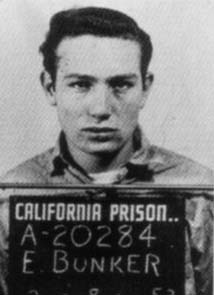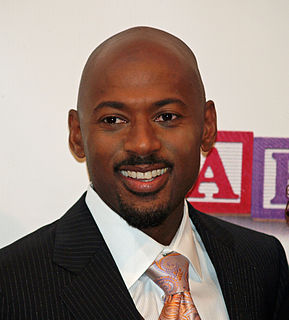A Quote by Steve Prefontaine
Related Quotes
I grew up bar-singing and saw all kinds of ways people tried to outrun their emotional pain. It doesn't work. You end up with the original pain, as well as new pain added on top of it from the tactics you used trying to avoid it in the first place. It's best to take a deep breath, bolster yourself, and walk through it.
Facing the darkness, admitting the pain, allowing the pain to be pain, is never easy. This is why courage - big-heartedness - is the most essential virtue on the spiritual journey. But if we fail to let pain be pain - and our entire patriarchal culture refuses to let this happen - then pain will haunt us in nightmarish ways. We will become pain's victims instead of the healers we might become.
It is phenomenal how fast a little toot of smack will take away the agony of withdrawal and most other kinds of pain. What it cannot take away it makes meaningless. You may still have a broken arm, but somehow it doesn't matter so much. The same is true for angst and anxiety. It cancels pain so hidden that you were unaware of its existence until it disappeared.
Have you ever experienced a pain so sharp in your heart that it's all you can do to take a breath? It's a pain you wouldn't wish on your worst enemy; you wouldn't want to pass it on to anyone else for fear he or she might not be able to bear it. It's the pain of being betrayed by a person with whom you've fallen in love. It's not as serious as death, but it feels a whole lot like it, and as I've come to learn, pain is pain any way you slice it.
When you wake up and your heart is going like the clappers or your back feels strained, or you develop some other hang-up, you should let your mind go to the pain and the pain itself will regurgitate the memory which originally caused you to suppress it in your body. In this way the pain goes to the right channel instead of being repressed again, as it is if you take a pill or a bath, saying 'Well, I'll get over it'. Most people channel their pain into God or masturbation or some dream of making it.





































